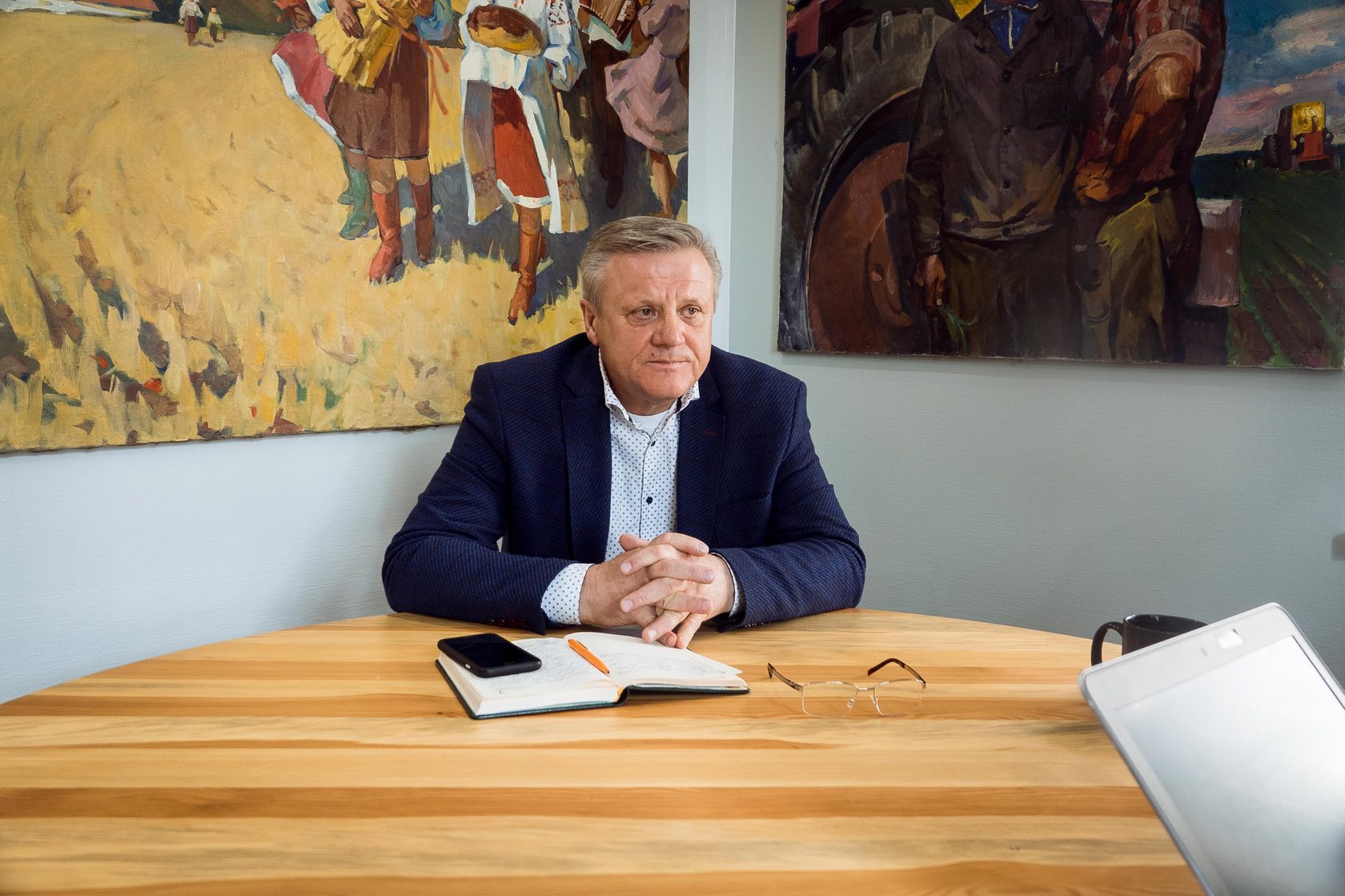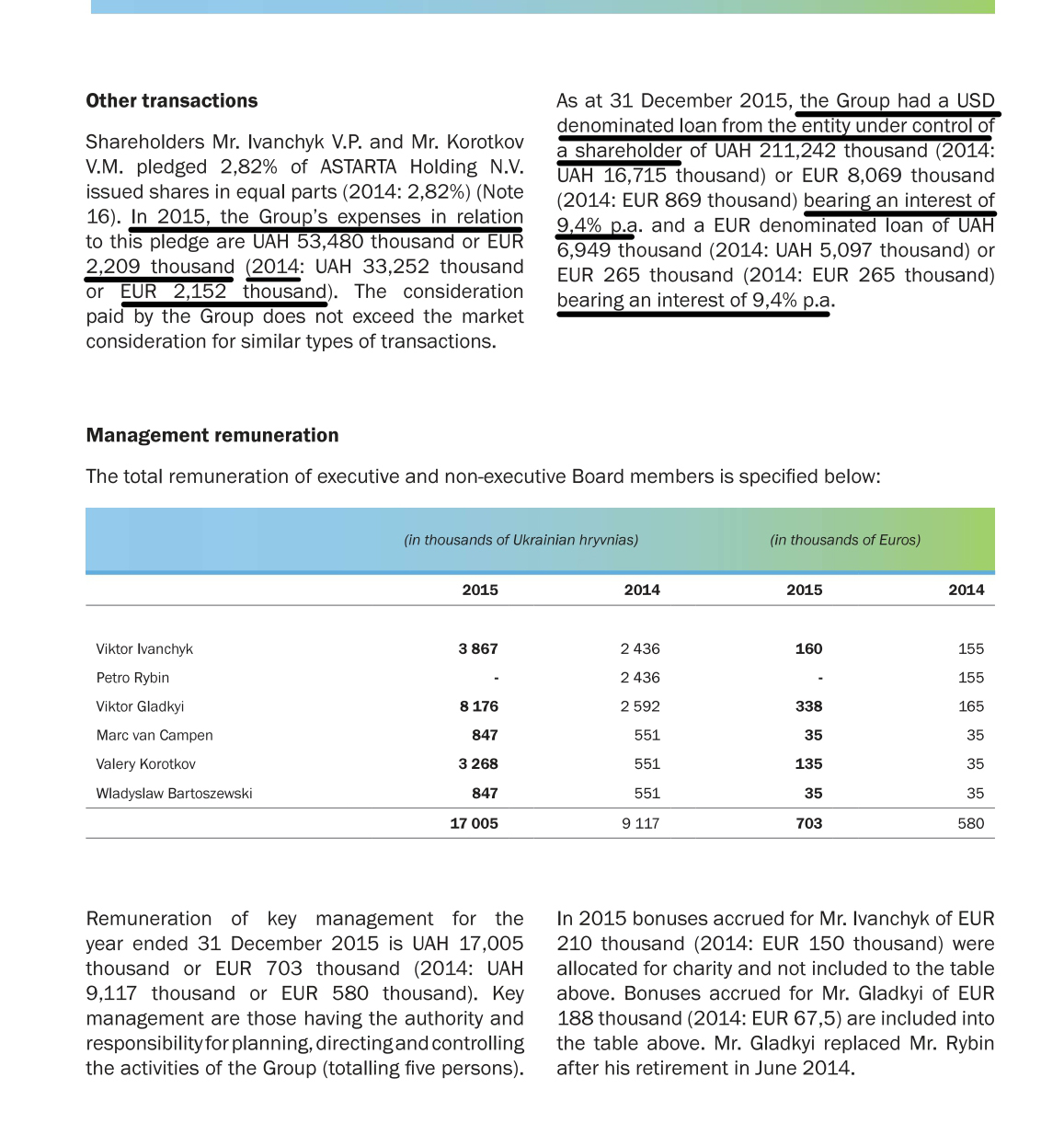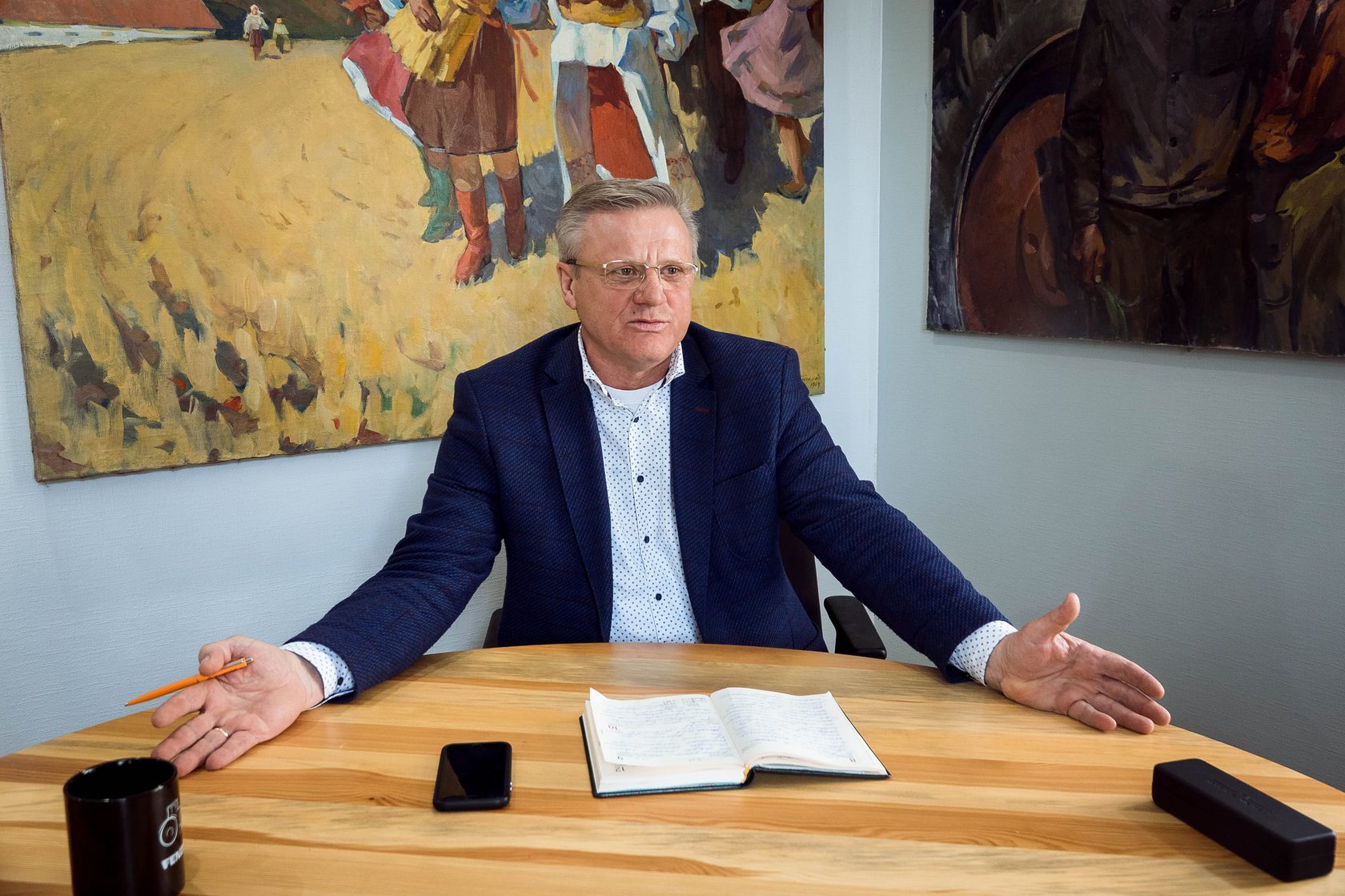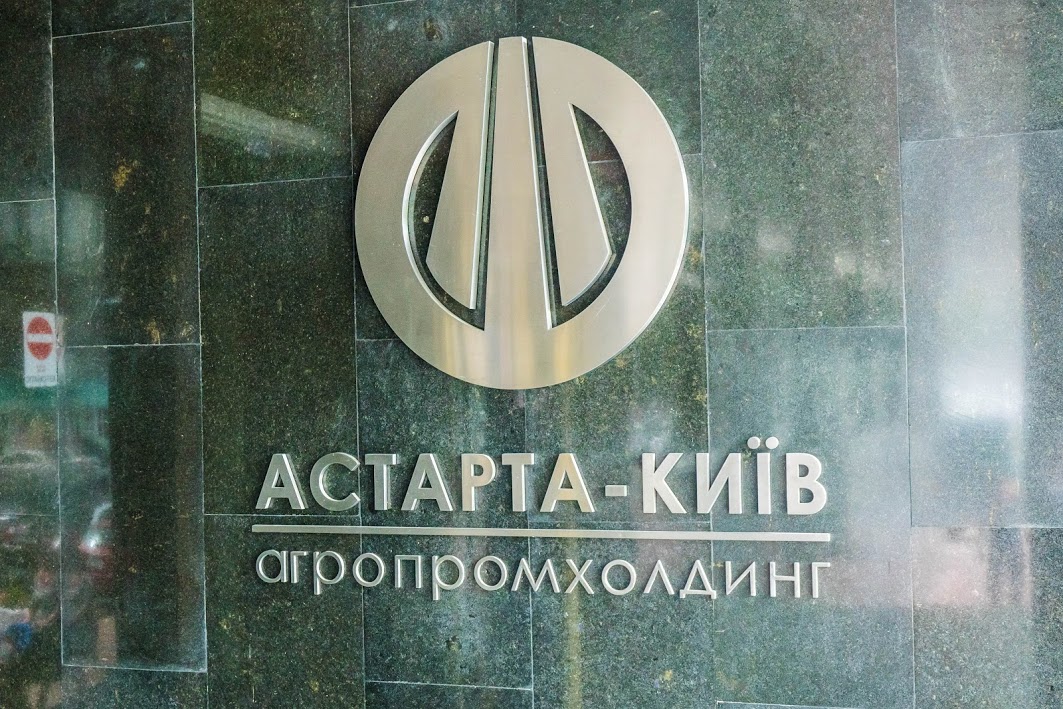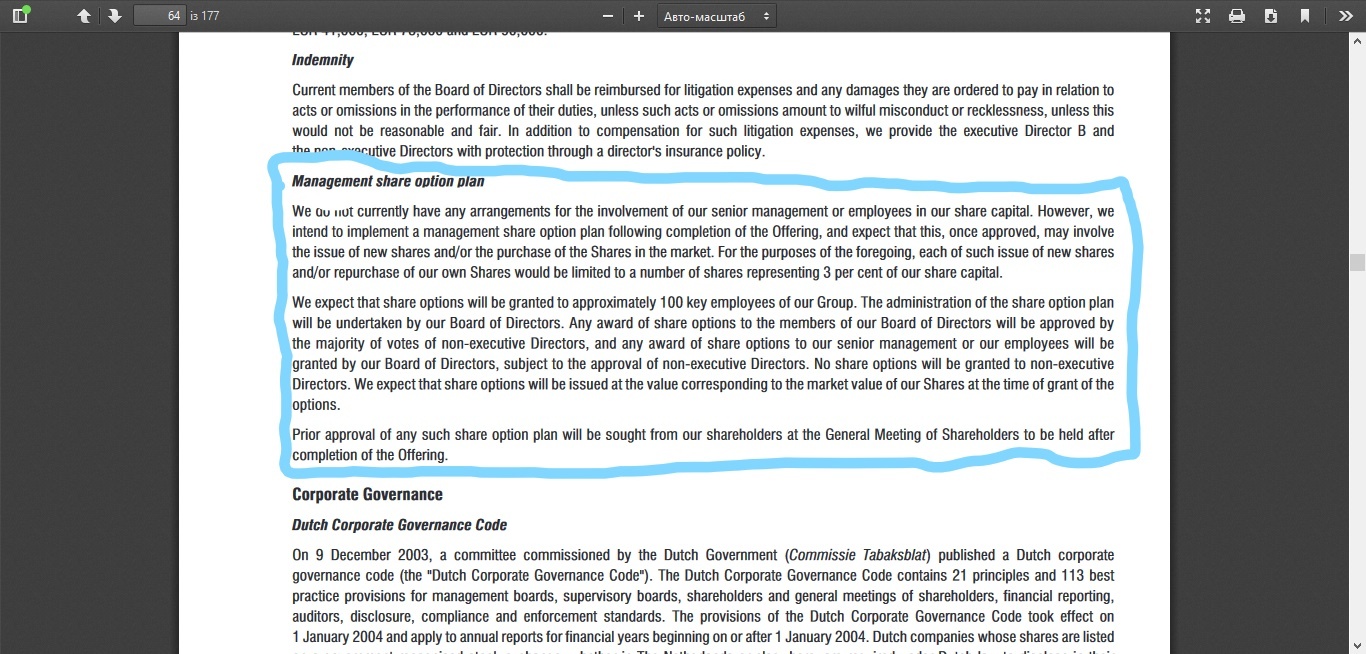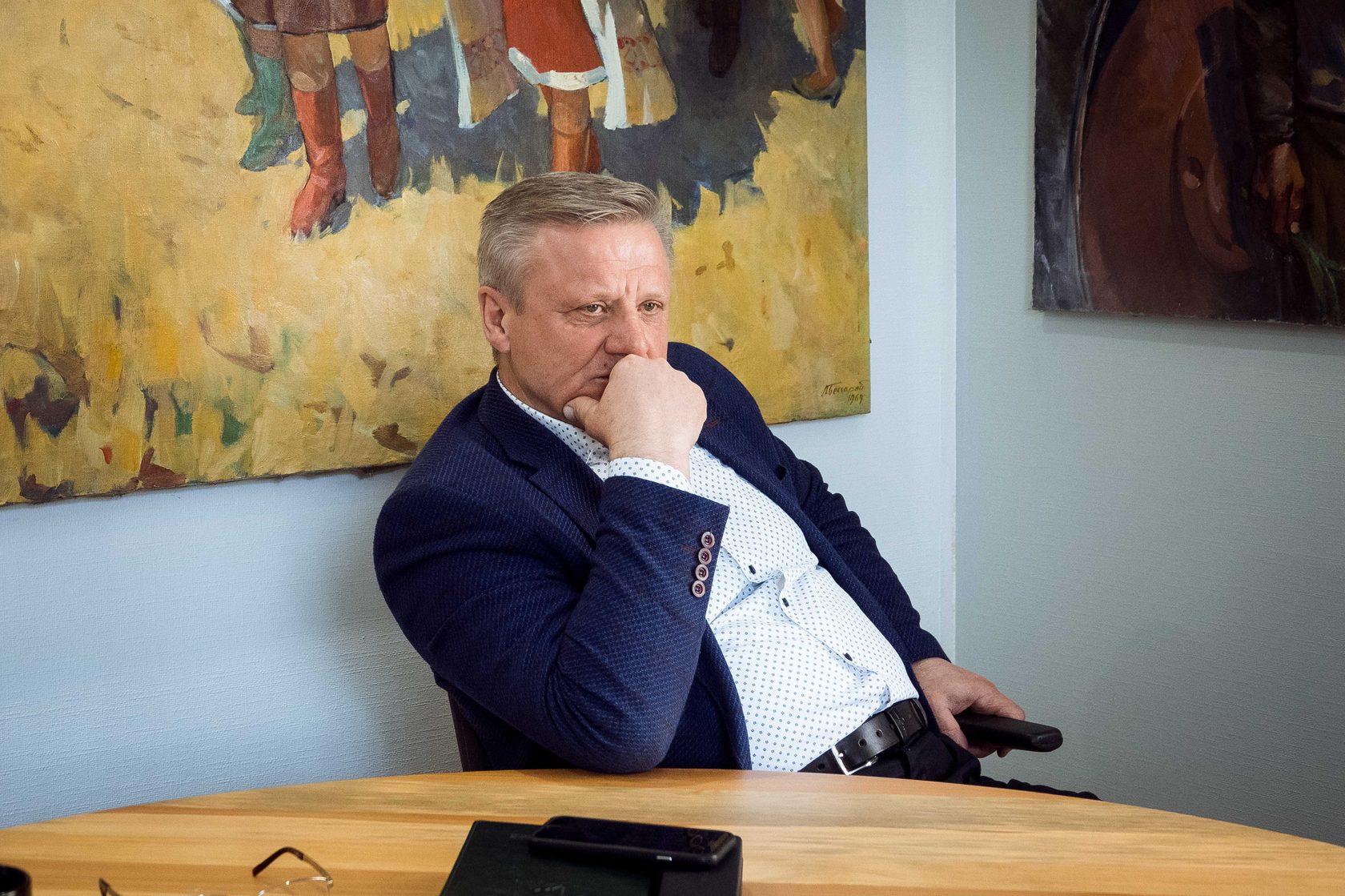— Let's get back to the share situation. When are you going to file a lawsuit against Astarta-Kyiv?
— The lawyers are getting the documents ready. In May, I suppose. I want to warn minority shareholders and stakeholders that they can be deceived like Kovalenko and I were. Therefore, I recommend that the Canadian fund Fairfax and shareholders of the Warsaw Stock Exchange be attentive.
If speaking about the share, I clearly remember that the assets of Agricultural company "Dovzhenko" on December 31, 2017, were worth UAH 2.2 billion. In January, they were re-evaluated and amounted to UAH 3.2 billion. I wrote a resignation letter on February 1, 2018. And my share was calculated on the basis of the June assets value. What kind of partnership and trust can we talk about? I am not ashamed to defend my rights because I earned this money honestly.
That is why I hired a company to conduct an independent evaluation, paid money, concluded an agreement as a director of Agricultural company "Dovzhenko". And as a shareholder under the Statute, I had the right to do so. It does not matter that someone has a 97% share in the agrofirm, and I have only 1%. Independent experts conducted an evaluation. But Astarta did not accept it as the result did not coincide with the view of the financial director.
It turned out that it was useless since there could be no alternative opinion.
